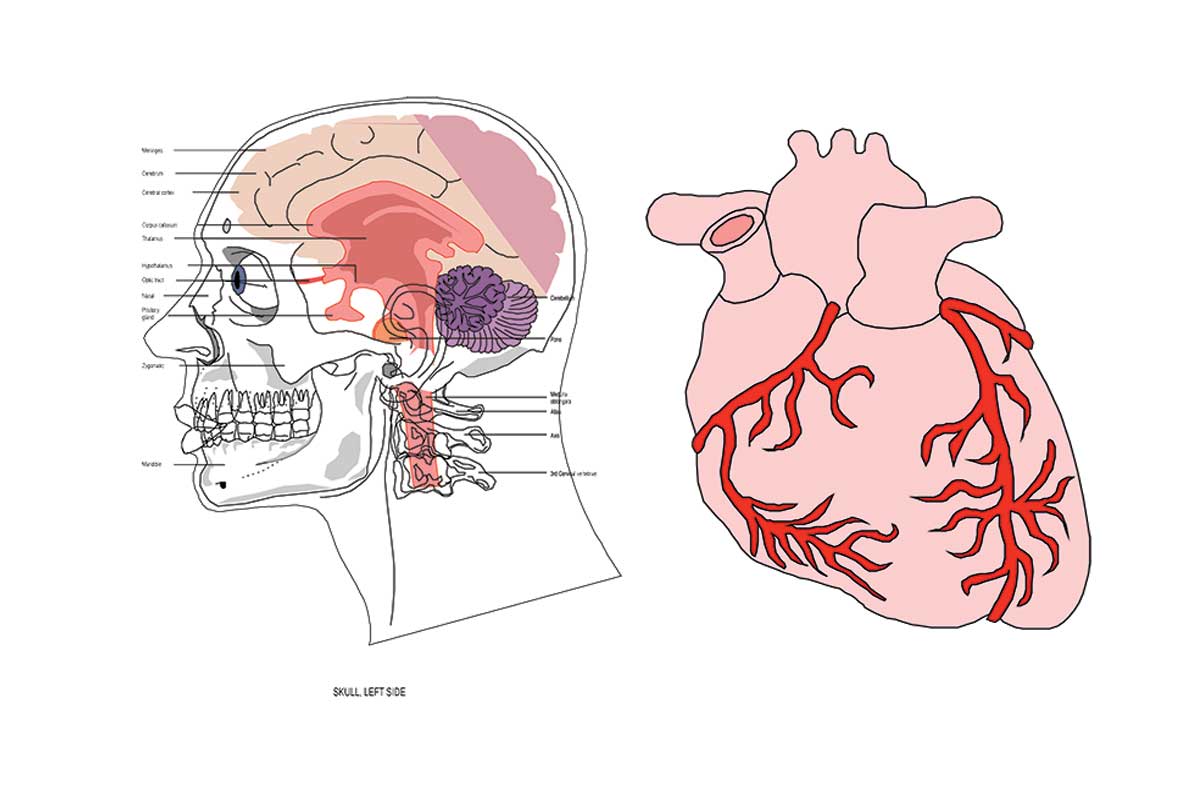
ACMA06_Straight_Tlk2-800
Recap. “Punishment” is only one of several aspects of discipline — frequently and wrongfully employed.
“Context” is important. A violation, appearing clear-cut, may deserve mitigation, exoneration or even commendation.
“Ink” should never dictate the level of discipline imposed. “Bad press” or departmental embarrassment decides far too many disciplinary actions.
The manner in which discipline is imposed can frequently determine the real value of disciplinary action.
Context — I routinely reviewed super-visors’ disciplinary investigations and had to ask, “What was the officer doing and why?” Put the action in context. Two officers were driving at high speeds when they failed to negotiate corners and side-swiped parked vehicles. Both accidents were due to excessive speed for conditions and misjudgment. One was responding to an “officer needs help” call, and one was simply roaring around his beat because he was bored.
The reporting sergeants had been infected with our arcane “just the facts, ma’am, only the facts” mentality. The officers drove too fast and they crashed. Similar acts produced identical dam-ages, and thus received identical “adverse action” recommendations. The investigation processes were “standard” — simplistic and mechanical. Neither recommendation was truly disciplinary in terms of “correcting, molding, or perfecting” performance or behavior. Then, “context” and true disciplinary goals were factored in.
One got a reprimand, pointing out his good motivation — and zealous misjudgment. The other pulled a reprimand plus five days suspension for negligent behavior.
Chiefs assess discipline in terms of dollar-damage. It’s therefore important to thoroughly document context for purposes of defending your recommended action. The goal is to correct behaviors and ensure future compliance. Different treatments are needed at different levels to achieve those goals.
THE HEAD, THE HORMONES, THE HEART
It’s important too to assess whether the behavior occurred as a result of a mistake of the head, the hormones, or the heart. Mistakes of the head are the result of a lack of training, lack of information, or, in many cases, an officer has to weigh multiple options — any of which might be valid — in seconds. I’ve reviewed cases where serious errors occurred because an officer, for example, missed an in-service training session on felony stops due to illness, and his command never followed up; others where a cop had insufficient suspect description or vehicle information, and was forced by the situation to make a decision now, and it resulted in official embarrassment.
Mistakes of the head must often be dealt with by “discipline,” but only to correct the deficiency and ensure future compliance — never to punish.
Mistakes of the hormones occur when an officer commits one wrongful act, which is entirely inconsistent with his usual, established exemplary performance and behavioral patterns. You don’t punish most of these cases, either. They’ll kick their own asses higher and harder than you ever could. An extreme example involved one superior young officer who bypassed his sergeant and lieutenant, came straight into my office and confessed, shaking and miserable, to assault under color of authority.
He’d already mentally fired and criminally charged himself. Weeks before, he had cited an ER doctor for speeding and reckless driving and even caught him in a lie about being en route to an emergency. Since then, every time the cop went into that ER, that doctor would waylay, curse and taunt him. That day, the kid had snapped — and slapped the doctor. I had to calm him down and slowly reconstruct the event —and discovered the doc had suggested the officer have, let’s say, “alternative sex” with his own mother.
The phone rang, it was the glee-fully ecstatic doctor, bent on getting the cop fired and jailed. I went to the hospital and ran it down to him. He even admitted what he’d said. “Just words,” he asserted. I then told him the officer had buried his mother the previous day. I assured him that at his insistence we would proceed, including full testimony in open court— and press coverage. He demurred.
MALIGNANT HEART AND POISONED MIND
Mistakes of the heart are a different matter entirely. When a cop knows he’s about to do a wrongful act for a wrongful reason, reflects on it — and does it — that is an act to be punished, and if possible, the officer should be terminated. There’s no correction for a malignant heart. He’ll only learn to cover his tracks better in the future.
John Morrison served in combat as a Marine sergeant, and retired as a senior lieutenant from the San Diego Police Department, having served there as Director of Training, Commanding Officer of SWAT and division executive officer. He has taught, written and lectured widely on training, tactics and leadership. Contact him at [email protected].














